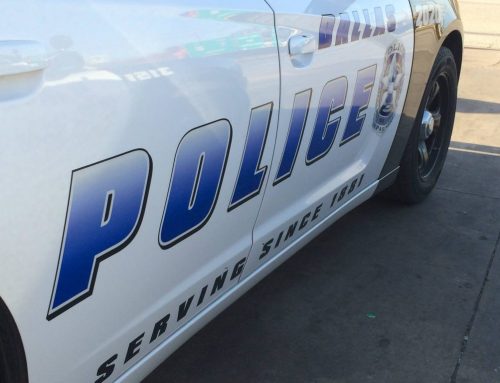Many East Dallas neighbors wake up before sunrise to an alarm clock they don’t set. Those train whistles blaring at 2 a.m. have neighbors calling for the City of Dallas to install quiet zones for some peace and quiet.
“No one likes to be woken up by a train horn blaring outside their windows,” said James Parker, a nine-year Casa View neighbor.
Residents in Casa View, Casa Linda, Forest Hills and Little Forest Hills hear the horns often as Kansas City Southern Railroad trains approach the Northeast Dallas railroad crossing. Federal law requires trains to blow their horns repeatedly as they near the crossings, but the noise echoes through the neighborhood when the trains travel at slow speeds, Parker said.
To mitigate the train horn noise, communities can establish “quiet zones” with supplemental safety measures, such as a wayside horn system, a gate system to block lanes and a median barrier to keep cars from driving around the gates, according to the Federal Railroad Administration.
Garland has already established 21 quiet zones, and the City of Dallas is working to implement them in several locations as well. The City’s Transportation and Environment Committee first presented installation details in 2009, and funding was made available in 2017 through the passage of a bond program, according to an update the committee provided District 9 Councilman Mark Clayton.
That permitted the pursuit of matching federal funds through the Texas Department of Transportation and the North Central Texas Council of Government. An agreement to secure those federal funds is planned for the Dallas City Council’s consideration in June, according to the update.
The document also shows a notice of intent to establish a quiet zone was issued in July 2018. And in August, an engineering feasibility study was completed. The study determined that the City would have to submit a quiet zone proposal through a Federal Railroad Administration application, which officials hope to complete by August.
The City has until September to make the project available for bidding or matching federal funds will expire, according to the North Central Texas Council of Government Regional Transportation Committee.
“These horns wake people up at all times and make life uncomfortable,” Parker said. “In addition, it depresses property values and suppresses meaningful reinvestment. This quality of life issue is of particular importance.”





